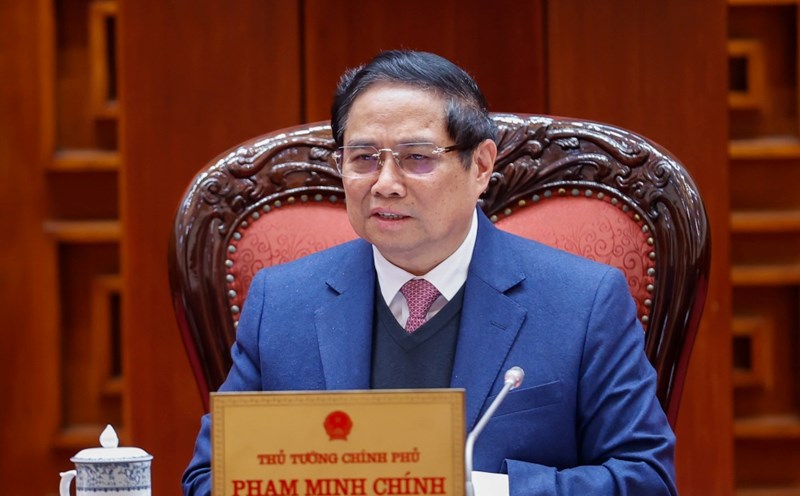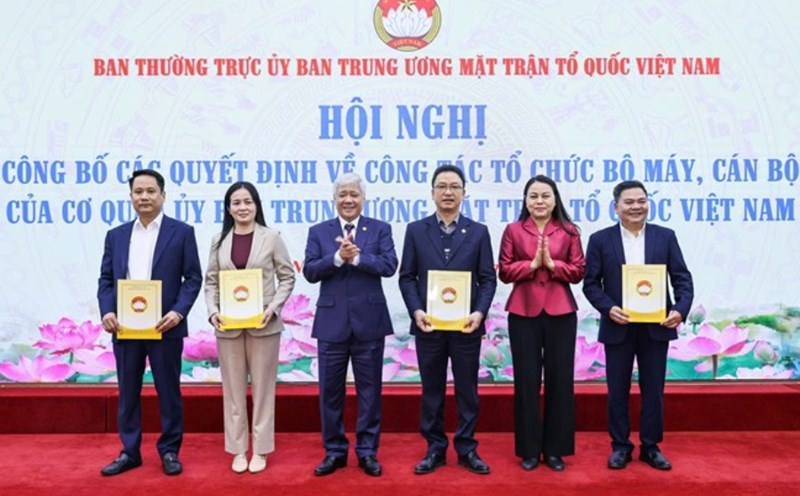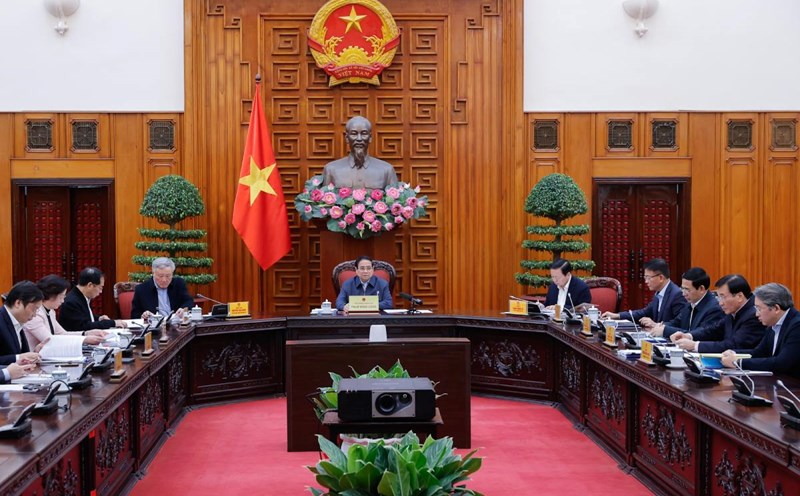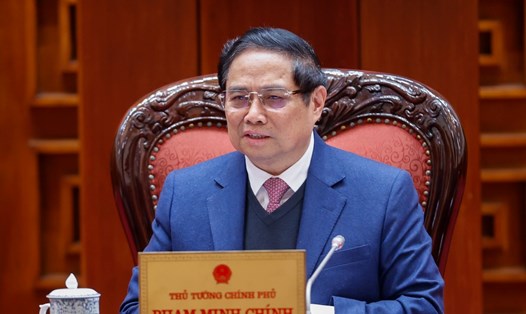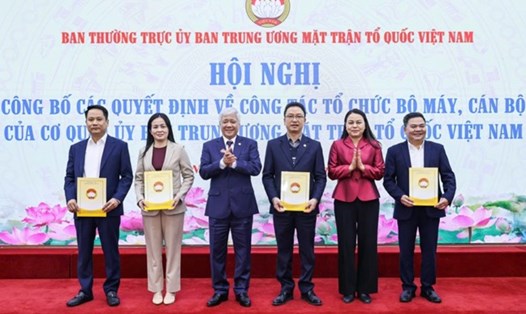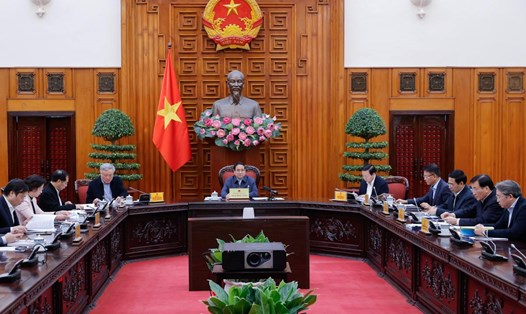On January 2, in Hanoi, Politburo member, Prime Minister Pham Minh Chinh, Head of the Government's Steering Committee on summarizing the implementation of Resolution No. 18-NQ/TW, chaired the 7th meeting of the Steering Committee.
According to the Steering Committee, up to now, 30/30 ministries, ministerial-level agencies, and government agencies have submitted plans to reorganize their apparatus and reported on the implementation of Resolution No. 18-NQ/TW as requested by the Central Steering Committee and the Government Steering Committee.
The Government Steering Committee issued a document guiding the People's Committees of provinces and centrally run cities to organize and reorganize the apparatus of the local political system to basically ensure progress and requirements.
Concluding the meeting, Prime Minister Pham Minh Chinh requested the Ministry of Home Affairs - the standing agency of the Steering Committee - to absorb and listen to the valid opinions of the Steering Committee members, and complete one more step of the document to report to the Central Steering Committee and the Politburo.
The Prime Minister commended the ministries and agencies for promptly advising the Government to issue 3 Decrees related to policies and preferential treatment for cadres, civil servants, public employees, workers and armed forces in implementing the organizational arrangement of the political system; policies to attract and promote talented people to work in agencies, organizations and units of the Party, State, Vietnam Fatherland Front and socio-political organizations.
Ministries, ministerial-level agencies, and government agencies shall review legal documents to amend and supplement regulations in accordance with the operations of ministries and agencies after reforming and rearranging the organizational apparatus; and submit draft Decrees regulating the functions, tasks, and powers of ministries and agencies.
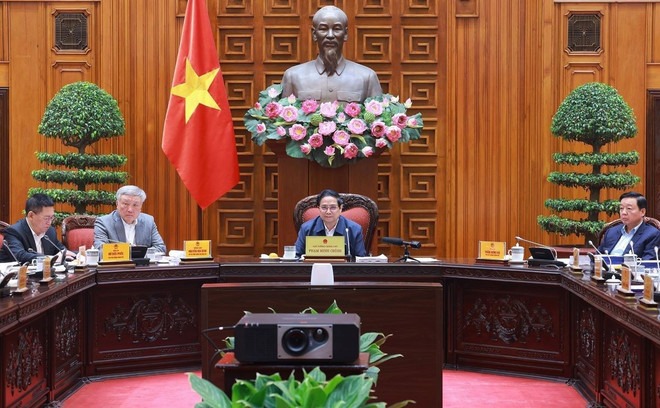
The Prime Minister requested the Steering Committee, ministries and agencies to continue reviewing, adjusting and supplementing content according to the developments of the situation, on the principle of arranging the organizational apparatus to ensure that it is streamlined, compact, strong, and operates effectively, efficiently and effectively; reducing intermediaries and units, and avoiding overlapping or omission of functions, tasks and powers.
At the same time, combine the organization of the apparatus with streamlining and improving the quality of the civil servant and public employee team and handling outstanding issues within agencies and units; ensuring the legitimate and legal rights and interests of cadres, civil servants, public employees and workers.
The Prime Minister also requested to urgently submit to the Government a Decree on public asset management to have a basis for handling public asset issues during the arrangement process.
Regarding the merger and completion of the tasks of some agencies and units with different opinions, the Prime Minister requested that "what is ripe, clear, proven to be correct in practice, effectively implemented, and agreed by the majority" be completed and submitted to the competent authority for decision; for remaining issues, continue to study and submit appropriate options.
Regarding the organizational arrangement of state-owned economic corporations and groups, the Prime Minister requested to summarize good models, good experiences, effective methods, and research to select the most optimal solution.
At the same time, it is emphasized that government units or ministries must also assign tasks and design management tools including laws, mechanisms, policies, tools for inspection and supervision, and personnel work; and give more power to the board of members.
In which, the Government only directly manages a number of strategic corporations, which are the core and pillars of the country's economy, performing the role of the Government's macroeconomic regulation tool; the remaining corporations and general companies are transferred to the ministries for management.

